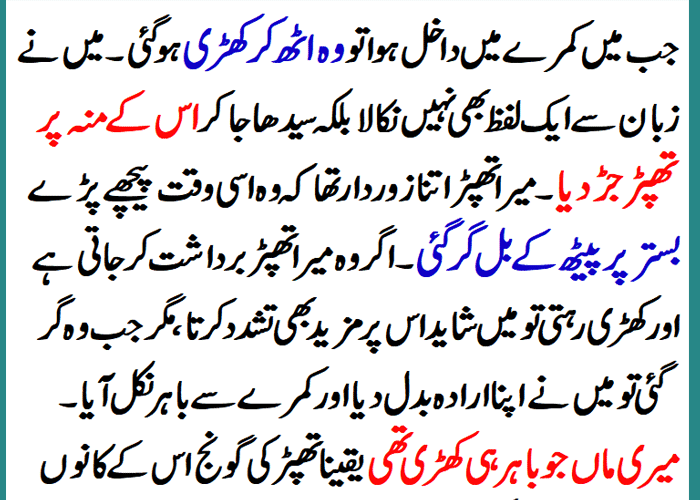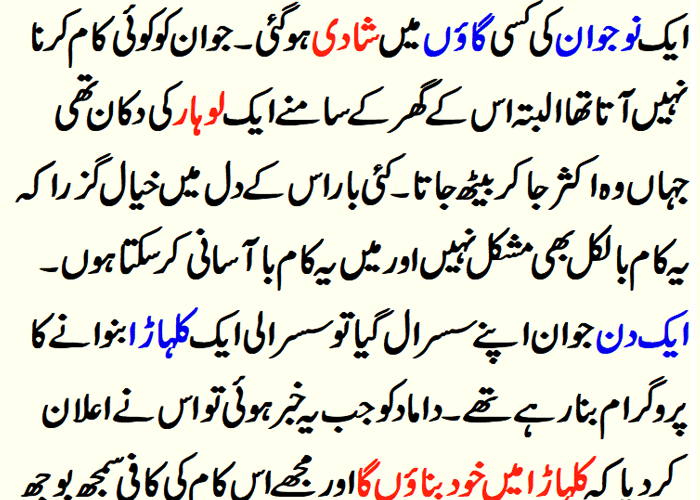
Building a strong and lasting bond with your spouse is a journey filled with ups and downs, but with effort and commitment, a healthy husband-and-wife relationship is entirely achievable. In this article, we will explore five practical tips to help couples nurture and maintain a strong connection that withstands the test of time.
Effective Communication is Key
Communication forms the cornerstone of any successful relationship. The ability to express oneself and listen actively creates an environment of understanding and empathy. Make it a habit to engage in open and honest conversations regularly. Share your thoughts, feelings, and concerns, and encourage your spouse to do the same.

Use “I” statements to express your emotions without assigning blame, fostering an atmosphere of collaboration rather than confrontation. Effective communication builds trust and emotional intimacy, which are essential for a healthy husband and wife relationship.

Quality Time Matters
In the hustle and bustle of daily life, carving out quality time for each other becomes increasingly important. Schedule regular date nights or quiet evenings at home where you can focus on each other without distractions. Engaging in shared activities, whether it’s cooking together, taking a walk, or pursuing a common hobby, strengthens the bond between spouses. Quality time is not about quantity; it’s about the undivided attention and connection you share during those moments. Prioritize each other to keep the flame of your relationship burning bright.

Respect Each Other’s Individuality
While a marriage involves the merging of two lives, it’s crucial to respect and celebrate each other’s individuality. Recognize that you are both unique individuals with your own dreams, interests, and perspectives. Encourage your spouse to pursue their passions and support them in their personal growth.

Give each other the space to maintain personal identities within the context of your shared life. This mutual respect creates a sense of autonomy, fostering a healthy and fulfilling husband and wife-relationship.





Express Gratitude and Appreciation
In the midst of daily responsibilities, it’s easy to overlook the small gestures that make a relationship special. Take the time to express gratitude and appreciation for your spouse. Acknowledge their efforts, whether it’s a simple act of kindness or a significant contribution to the household. Regularly verbalize your love and admiration, reinforcing the positive aspects of your relationship. Feeling appreciated strengthens the emotional connection between spouses, promoting a sense of security and contentment.
Navigate Conflicts Constructively
Conflicts are a natural part of any relationship, but it’s how couples handle them that defines the health of their connection. Instead of avoiding conflicts, approach them constructively. Focus on the issue at hand rather than making personal attacks.
Use active listening skills to understand your spouse’s perspective, and express your own thoughts calmly. Seek compromises that satisfy both parties, fostering a sense of cooperation. Remember, conflicts can be opportunities for growth and understanding if handled with care and respect.
In conclusion, maintaining a healthy husband and wife relationship requires ongoing effort, understanding, and commitment. Effective communication, quality time, respect for individuality, expressions of gratitude, and constructive conflict resolution are key elements that contribute to a strong and lasting connection. By incorporating these tips into your daily life, you can nurture a relationship that survives and thrives, bringing joy and fulfillment to both partners.
FAQs
FAQ: What if my spouse and I have different interests and hobbies? How can we still connect?
Answer: While having shared interests can strengthen a relationship, differences in hobbies can bring diversity and excitement. Embrace the opportunity to explore each other’s passions and find common ground. You can take turns participating in activities that interest each of you or discover new hobbies together. The key is to approach these differences with an open mind and a willingness to learn about each other’s unique interests.
FAQ: Is it normal to have periods of distance or feeling disconnected in a marriage?
Answer: Yes, it’s normal for couples to experience phases of distance or disconnection. Life’s demands, stress, and individual challenges can contribute to these periods. Recognizing this as a natural ebb and flow is crucial. During such times, communication becomes even more vital. Instead of withdrawing, share your feelings with your spouse. Discussing the reasons behind the distance can help both partners understand and work together to strengthen the bond.
FAQ: What if one partner is more introverted or extroverted than the other? How can we find a balance?
Answer: Differences in introversion and extroversion are common in relationships. Finding a balance involves understanding and respecting each other’s social needs. Introverted partners may require more alone time to recharge, while extroverted partners thrive on social interaction. Establishing a compromise that allows both individuals to meet their social needs is key. This could involve planning social activities in moderation and ensuring that introverted partners have the space they need to recharge when necessary.
FAQ: How can we keep the romance alive after many years of marriage?
Answer: Keeping the romance alive is an ongoing effort. Surprise your spouse with gestures that show thoughtfulness and appreciation. This could be as simple as leaving a sweet note, planning a spontaneous date night, or expressing your love in unexpected ways. Additionally, revisit shared memories and experiences that brought you closer in the early days of your relationship. Nurturing the emotional connection through continued acts of love and affection helps sustain the romantic spark over the years.
FAQ: What if external stressors, like financial issues or work-related stress, are impacting our relationship?
Answer: External stressors can undoubtedly strain a relationship. The key is to tackle these challenges as a team. Openly discuss the stressors you’re facing, create a plan together to address them, and allocate time for stress relief activities as a couple. Maintaining a united front during tough times strengthens the partnership. Seeking external support, such as counseling, can also provide valuable tools to navigate and overcome these challenges together. Remember, facing adversity as a team can fortify the bond between husband and wife.









